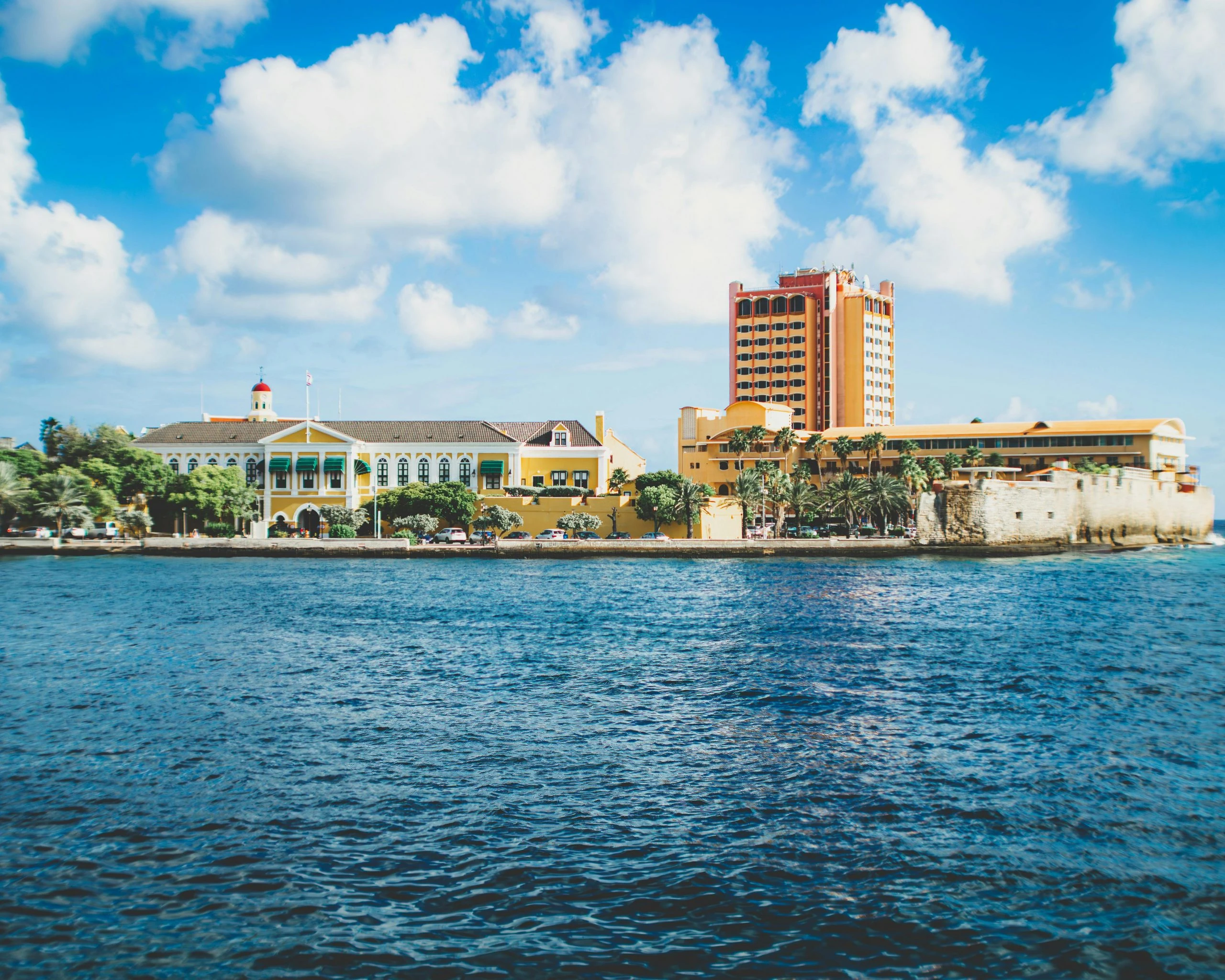Influx of gaming applications causes licensing delays in Curaçao, says regulator

Pietersz told iGB last month that the Curaçao regulator had received 740 online gambling licence applications during its H1 window which closed in April. He expects an additional 300 to flood in over the next couple of months as part of the latest licensing window opening in July.
He acknowledged the GCB needs to improve its infrastructure if it wants to meet the eight-week licensing deadline under its new regulatory framework.
“We have to ramp up our internal processes and resources to be able to handle so many applications,” Pietersz said. “We are handling about 10 applications a week but we are hoping to ramp up our capacity to 20 or 30 applications a week.”
He hinted at delays in the overall process, as the regulator prepares its new legislation. “From a regulatory standpoint, when you are transitioning a regime, you would like for it to be as short a period and effective as possible. But when you are dealing with a lot of parties it gets a little bit tricky. You have to take into account a lot of goals or objectives or concerns people may have in the process.
“I believe both the government and the GCB would’ve [liked] a quicker [licensing] process, but we had to face the reality of a lot of moving factors.”
Curaçao’s new framework causes confusion
The influx follows a new licensing regime and an updated guidance around how to apply and what the new gaming licences will cover.
The nine-page document clarified an application request will be classed as completed if it contains three forms: the online gaming application form; the personal history disclosure form; and the corporate and business information form.
The new regulatory framework, dubbed the National Ordinance for Games of Chance (LOK), was first established in September 2023 and is set to be fully implemented in Q4.
The first of the current master licences in Curaçao will expire on 18 August. Three more will expire after that, with the final one ending on 31 January 2025. Master licences will be abolished under the new regime, a move that has caused confusion among applicants and added to the delays.
“[Master licence holders] all understand why we have to change. The GCB wants to be their partners in this process,” Pietersz added.
“We explained to them our objective is not to get them out of the industry. They have built a brand, they have built a reputation, but they should change the approach of their business.”
Added complexities
An additional layer of complexity has come from the multiple application types for B2B, B2C and B2B2C operators now being accepted. “We have a lot of applications that we have to cater for,” Pietersz said. “But on the other hand, the quality of applications hasn’t been optimal.
“A lot of applications get stopped when they reach our clarification process because documents are missing. What we are seeing is we have to send a lot of applications back, even during that first step and it means it’ll take even more time for us to process.”
Continued communication is a tool the GCB hopes will help to speed up licensing processes. He said the regulator has maintained constant communication with current licence holders to help them through the process of re-applying.
New enforcement function could “punish” unlicensed operators
New regulations are expected to improve the country’s reputation as a haven for grey market operators. Curaçao minister of justice Javier Silvania previously said LOK would act as a “safety net” against these unlicensed players.
Pietersz is confident the GCB will be able uphold regulations with a new enforcement function that will punish operators for not abiding by the rules.
“It will take effort for the operators to adjust, but from the side of the GCB, we are also setting up an enforcement function, not exactly to punish operators, but we will if we have to,” Pietersz said.
“We have very good contacts with foreign regulators so when we receive a complaint from a regulator, the GCB will approach them and expect them to make the necessary arrangements to correct a situation. The GCB has powers to escalate the situation to revoke their licence.”
One such example could be Curaçao licensed betting operator Bovada which illegally operated in various US states for many years, before being blocked by Michigan and Colorado earlier this year.
